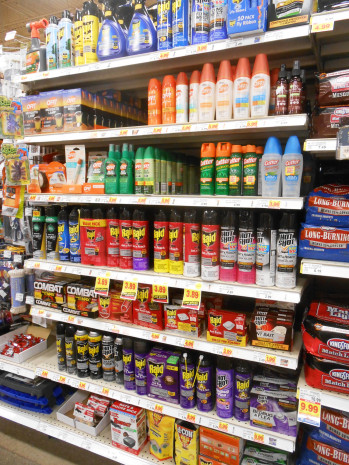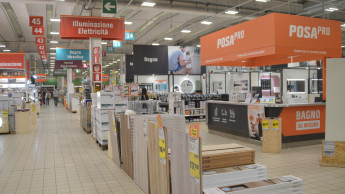Who are these competitors? What kinds of items do they stock that compete with hardware/home center inventories? How competitive are they, price-wise? Are they aggressively promoted and/or advertised? Are they stocked year-round or just as in-and-out merchandise?
Unfortunately for hardware and home center retailers, the answers vary by type of competing retailer, though Walmart ranks number one. It stocks a broad assortment year-round at competitive prices.
Today's chain supermarkets now rank as one of the biggest current competitors, not for basic hardware, but for seasonal and frequently bulky items such as grills, charcoal, outdoor furniture, plus limited assortments of small tools, household gadgets, minor plumbing and electrical items such as batteries, etc.
Aldi, the German-based discount food chain, which has nearly 2 000 stores in the U. S. and is a major factor in the UK, regularly features hardware-related products in its aggressive, price-oriented non-foods merchandise promotions.
Kroger, the second largest food retailer next to Walmart, also continually stocks a sizeable range of hardlines, housewares, lawn and garden and outdoor living products.
What makes supermarkets a formidable competitor, even though of a limited range of products, is that consumers visit these stores much more frequently as they shop at hardware stores or home centers, often more than once a week. And supermarkets are weekly advertisers whereas…

 Menü
Menü
















 Newsletter
Newsletter